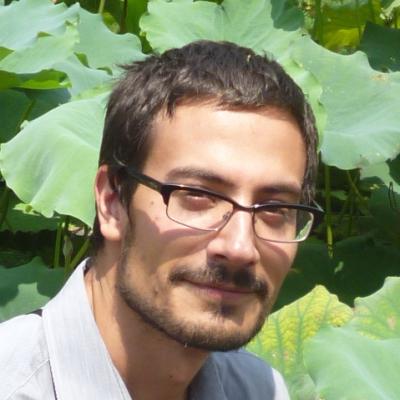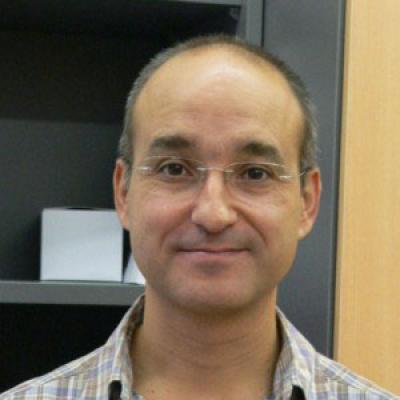We have developed a software that connects meteorological information from all over Spain
The data scientist Víctor Granda from CREAF's new programming unit, the Ecosystem Modelling Facility (EMF), has developed a package of meteorological data and models for the R programming system, a computer language widely used in scientific research. This data package is called meteospain and contains all the meteorological information collected by AEMET, Meteocat, Meteo Galicia and Andalucía meteo stations in one place.
Meteospain, which is freely accessible and which allows studies on climate to be fine-tuned, has already been downloaded almost 400 times and is being used regularly by the Department of Agroforestry Engineering at the University of Lleida (Spain) the CSIC Experimental Station in Zaidin (Granada, Spain) and CREAF itself. At our centre, for example, it is proving very useful for interpolating the climatic data from our active experimental plots.
A unit focused at ecosystem modelling
The EMF is a small unit within CREAF specifically dedicated to making models and predictions, above all to better understand how terrestrial ecosystems respond to global change. A bridge between all the data generated in the field, in the laboratory, in the experimental plots... and the resulting predictions for the future that will allow us to adapt to the changes.
According to its members, "the EMF aims to become a meeting point for people (from CREAF and outside) interested in developing or applying models to predict the response of ecosystems to the drivers of climate and global change, both for research and knowledge transfer purposes”.
Who are they?










